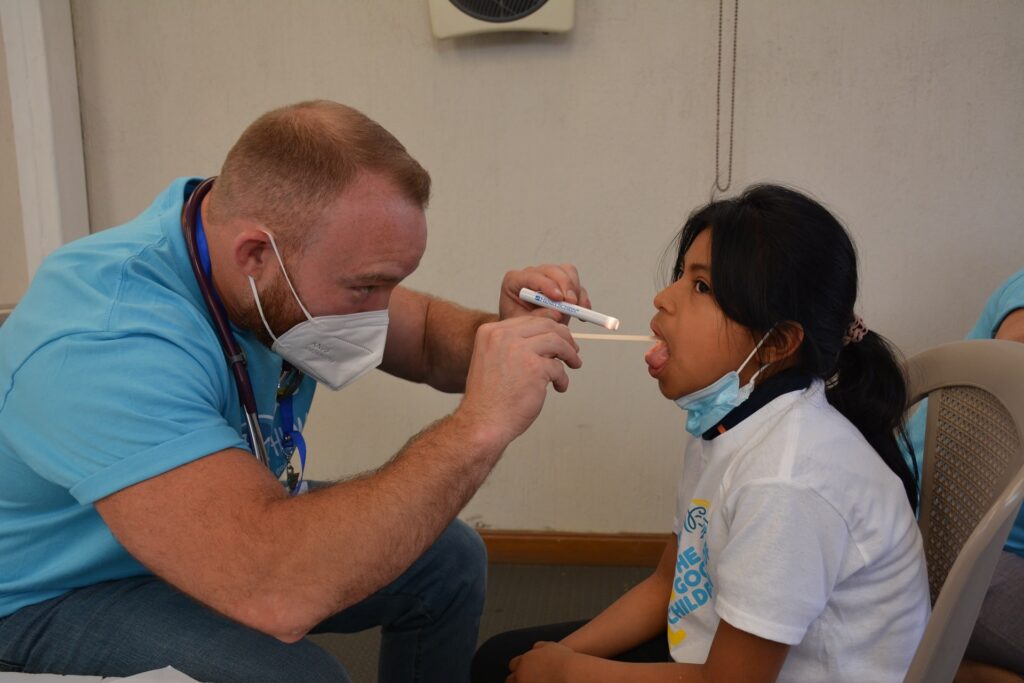
Introduction
Allergies are becoming more common, and doctors want to do everything they can to help relieve their patients’ symptoms. In this article, we’ll talk about how allergy testing is changing in the medical community and how these new methods can make your life easier.
Skin prick testing
A skin prick test is a simple, non-invasive skin test that involves pricking the skin with a small needle to expose the immune system to a potential allergen. This test is used to diagnose allergies and also monitor the effectiveness of allergy shots.
Blood tests
Blood tests are a good way to test for allergies. They’re more accurate than skin prick tests and can test for allergies that skin prick tests can’t test for. Blood tests use an antigens that the person is allergic to, so you need to find out what your allergies are before getting this kind of testing done. If you don’t know what your specific allergens are, then it’s best that you visit an allergist first before getting any blood testing done as they will be able to help identify them and recommend which ones would be best suited
Nasal swabs
Nasal swabs are used to test for allergies to pollens, dust mites and mold. They are non-invasive, painless and easy to administer in a doctor’s office or at home.
Hair analysis
- Hair analysis is a new way of testing for food allergies, and it’s not widely used yet.
- Hair analysis can be used to detect hidden allergies to foods that are not readily apparent.
Doctors are developing new methods of allergy testing to accommodate the growing number of people who suffer from allergies.
Doctors are developing new methods of allergy testing to accommodate the growing number of people who suffer from allergies. The methods include skin prick testing, blood tests, nasal swabs and hair analysis.
Skin prick tests involve taking a small amount of allergen extract and placing it on the skin to see if there is an allergic reaction. This method can sometimes be uncomfortable because it requires pricking your finger with needles in order to extract your blood sample–and some people may not want their doctors poking around so closely at their bodies!
Conclusion
Allergy testing is an important step in diagnosing your allergies and finding treatment options. The more you know about your allergies, the better able you will be to manage them and enjoy life without experiencing symptoms like sneezing or coughing.